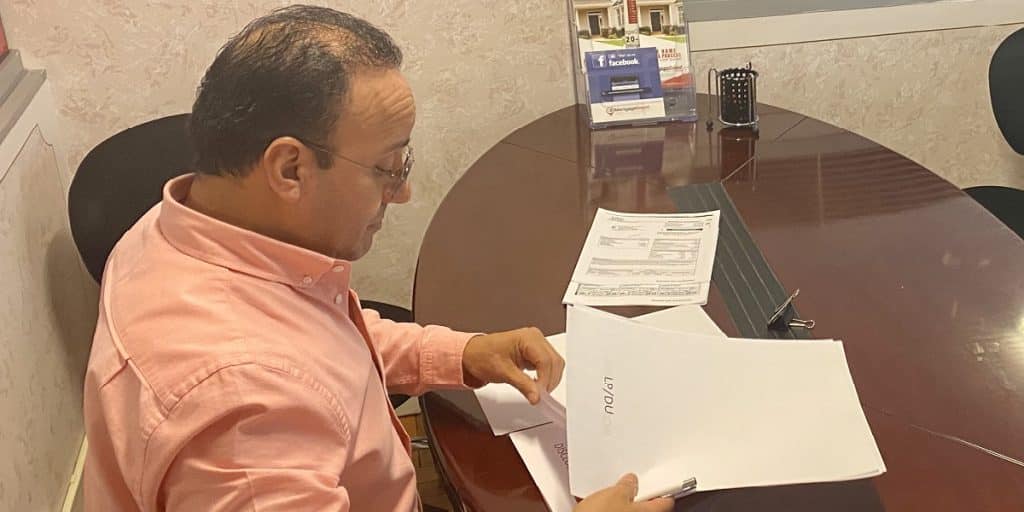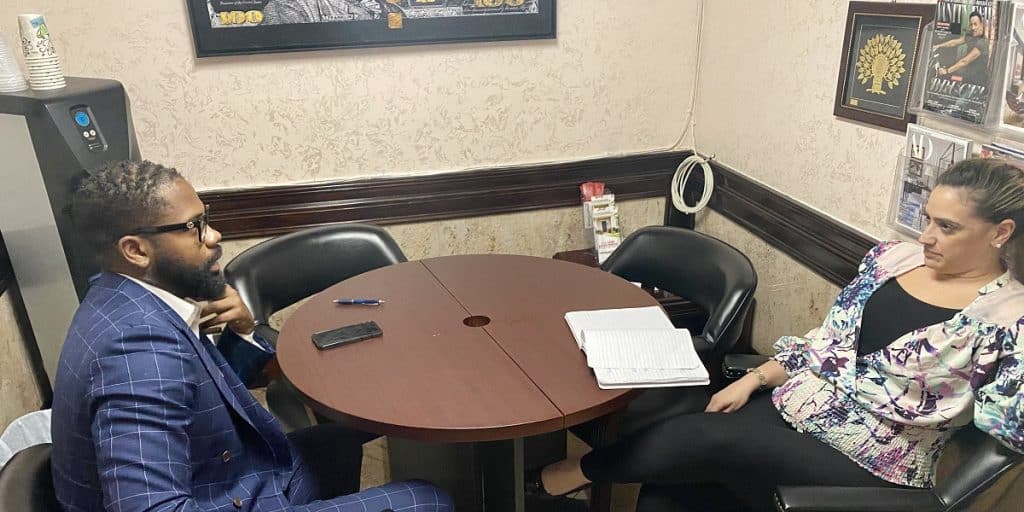
Mortgage Lender’s Overlay Response to COVID19
As a prospective homeowner during the coronavirus, you should be aware that MortgageDepot is partnered with a mortgage lender that has issued new overlay guidelines in response to COVID-19 for home loans underwritten on or after March 31, 2020. These revised overlay rules are explained below:
Loans underwritten prior to March 31, 2020 must either:
- Close by May 29, 2020
- Must meet the overlays effective for loans underwritten on or after May 13, 2020 (unless otherwise indicated).
- Loans underwritten on or after March 31, but prior to May 13, 2020 will follow the looser overlay requirements, explained below when applicable.
- For loans underwritten on or after May 13, 2020
The following overlays have been retired for all applicable loans regardless of the original date when they were written:
INVESTMENT/SECOND HOMES
There is no longer a specific reserve requirement when the subject property is an investment or second home.
MAXIMUM DEBT-TO-INCOME RATIO (CONV)
There is no longer a DTI cap for Conventional loans only.
FIRST TIME HOMEBUYERS
There is no longer an overlay requiring reserves and documentation of rental history for borrowers who are considered first time homebuyers.
REVISED OVERLAYS
The overlays below have been revised for loans underwritten on or after May 13, 2020. Loans that were underwritten prior to this date are able to follow the updated overlay:
Loans underwritten prior to March 31, 2020 either must close by May 29, 2020 OR must meet the overlays outlined below (unless otherwise indicated).
MAXIMUM DEBT-TO-INCOME RATIO
For all VA/FHA/USDA loans, Debt To-Income (DTI) is capped at the lower of: 50% OR what is allowable per AUS.
EMPLOYMENT STATUS
For all borrowers using W-2 income for qualification, regardless of the date the loan was underwritten, they must be employed at the time of closing. If a borrower is laid off or on leave for ANY reason (including seasonal workers), it must be verified that they have returned to work prior to closing.
When reviewing W-2 income documentation, a paystub covering at least the greater of 14 days of earnings for that pay period OR investor guidelines is required. The paystub must reflect full-time earnings with no Paid Time Off (PTO), unpaid leave, or similar reflected (PTO clearly labeled as holiday pay is acceptable). If the paystub reflects any of these indicators, an updated paystub is required.
If YTD is low for any wage earner based on the income calculator, an updated paystub covering the greater of 14 days of earnings for that pay period OR investor guidelines is required if any of the following are true:
- The paystub provided is not the most recent available as of the date of underwrite;
- The paystub does not reflect full-time earnings; OR
- PTO, unpaid leave, or similar is reflected (PTO clearly labeled as holiday pay is
acceptable) - Note: If weekly paystubs are provided, a minimum of 2 paystubs is required.
SELF-EMPLOYMENT INCOME
Loans underwritten on/after March 31, 2020, the loan must meet one of the following requirements when utilizing self-employment income:
- Self-employment income must be reduced by 10% for qualification and borrower/business must document 3 months of reserves covering PITI(a) for the subject property and all REOs, OR
- Full self-employment income can be used to qualify IF the borrower/business can document 12 months of reserves covering PITI(a) for the subject property and all REOs.
Loans underwritten on/after May 13, 2020
All of the requirements below must be met:
- 2019 tax returns are required, or If 2019 tax returns are not available, a Profit and Loss (P&L) Statement covering 2019 is required.
- A YTD P&L is required, and must be dated within 30 days of application and may not be more than 120 days old as of closing.
- One of the following conditions must be satisfied; AND or Self-employment income must be reduced by 10% for qualification and borrower/business must document 3 months of reserves covering PITI (a) for the subject property and all REOs, or full self-employment income can be used to qualify IF the borrower/business can document 12 months of reserves covering PITI (a) for the subject property and all REOs.
- Self-employment income must be calculated using the lowest of:
1. The two-year average (if two years of tax returns are required, per product/AUS
guidelines.
2. YTD average (from Year To Date Profit & Loss Statements).
OVERTIME/BONUS/COMMISSION/TIPS/VARIABLE HOURS
When qualifying with overtime, bonus, commission, tips, or other variable income, the following requirements must be met:
- A written Verification of Employment (VOE) or a letter from the employer is required on all variable income explaining the likelihood to continue, as well as any decline expected as a result of COVID-19.
- ALL variable income must be calculated using the lowest of:
1. The two-year + Year To-Date (YTD) average;
2. YTD average; OR
3. The variable income reflected on the most recent paystub
PLEASE NOTE: If the borrower is unable to provide a paystub reflecting the variable income being paid out in the most recent month, the income may NOT be used to qualify.
- If the variable income is paid outside of the regular base earnings paystub, the separate paystub must have a check date that is within a month of the date of underwrite (e.g. if commission is paid on a separate paystub from base pay and the loan is underwritten on May 13, the separate paystub must have a check date on or after April 13, 2020);
- If the borrower is qualifying with an annual bonus, evidence that it has already been received for 2020 is required. The borrower may not qualify with any bonus (annual, semi-annual, quarterly, etc.) that has not yet been paid out.
RENTAL INCOME
Borrowers cannot qualify with rental income (no gross rents) unless they are able to document one of the following, regardless of the date the loan was underwritten:
1. 6 months of reserves covering Principal, Interest, Taxes/Insurance (PITI) (a) for each property using rental income, OR for example, if John Q. Homeowner owns 3 REOs and is using rental income from each property.
2. Both of the requirements below:
- 3 months reserves covering PITI (a) for each property using rental income AND
- 3 months of receipt of rental income for each property using rental income. All payments must have been made in full and cannot be more than 30 days late.
MORTGAGE HISTORY
All of the following requirements must be met, regardless of the date the loan was underwritten:
- Subject property mortgage payments must be documented up to the month of disbursement and no late payments are allowed.
- There can be no late (or delayed) payments for any mortgage in the 12 months prior to application.
- The borrower cannot have had any mortgage in forbearance or have modified a mortgage in the 12 months prior to application.
- While it isn’t a requirement to continue verifying mortgage payments attached to non-subject properties up to month of disbursement, the underwriter must analyze all documentation for possible late payments. If it is discovered that a mortgage payment attached to a non-subject property was 30 days late OR entered into forbearance/or was modified, the loan is ineligible.
Unchanged Overlays
The overlays below remain unchanged for loans underwritten on or after May 13, 2020. Loans underwritten prior to March 31, 2020 either must close by May 29, 2020 OR must meet the overlays outlined below:
AGE OF DOCUMENTS CREDIT REPORT
Credit reports cannot be more than 30 days old at the time of loan submission.
AGE OF DOCUMENTS ASSETS
Assets cannot be more than 30 days old as of closing. Therefore, the most recent statement must be provided. This includes standard monthly statements, quarterly statements, transaction history, etc.
AGE OF DOCUMENTS PAYSTUBS
Paystubs must be dated within 30 days of closing, regardless of the date the loan was underwritten.
RENTAL INCOME DERIVED FROM A BUSINESS
If business income is derived from rents, the business (or borrower) must have 6 months reserves covering PITI (a) for each property to use rental income in a business.
FIRST TIME HOMEBUYERS
Escrow waivers are not allowed on loans with a FTHB when the LTV > 80%.
Contact one of our loan consultants to learn more about this program.
Have questions or need help?
Call us now at 800-220-LOAN
Request a call back or email us your questions!







